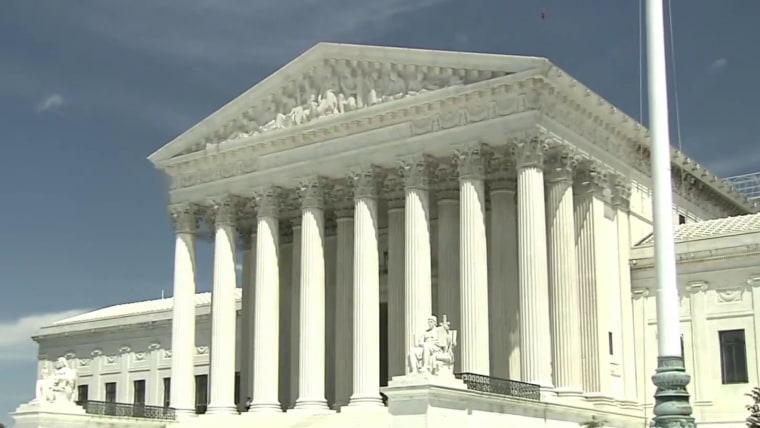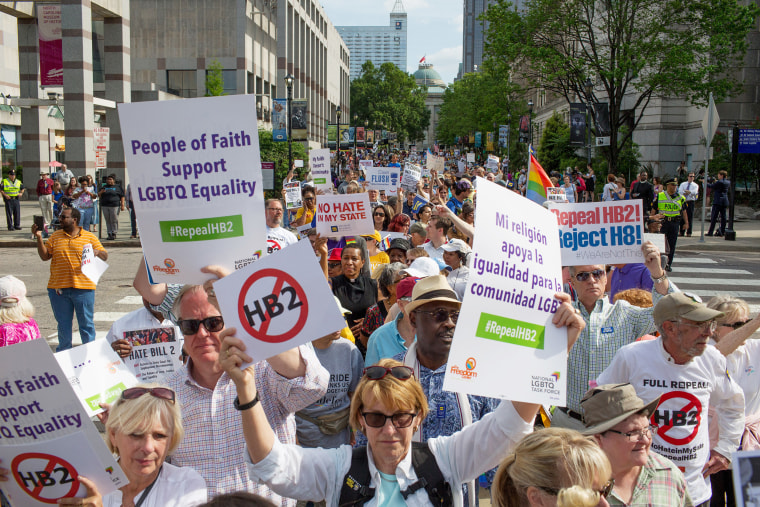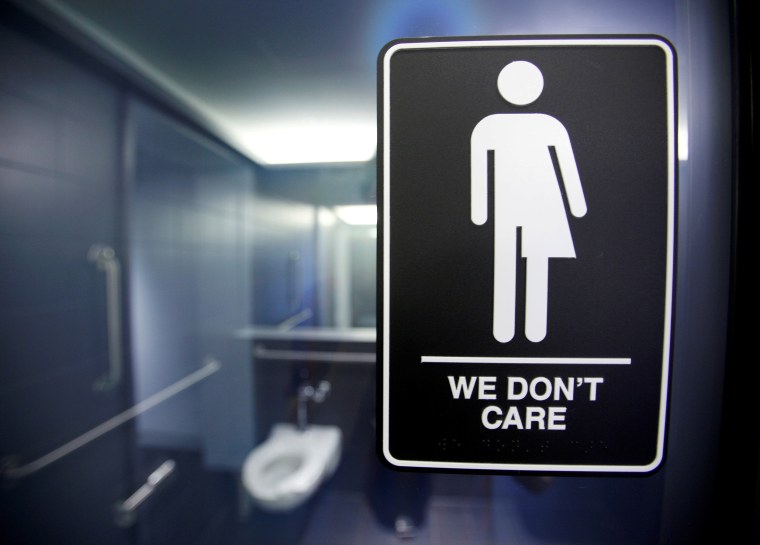N.H. governor signs bills restricting trans health care and sports participation
New Hampshire Gov. Chris Sununu signed two anti-trans measures into law Friday that will limit transition-related care for transgender minors and bar some trans students from competing on school sports teams that match their gender identities.
The health care measure, H.B. 619, will prevent trans minors from receiving transition-related surgeries and bar physicians from referring patients for out-of-state procedures. It does not ban other forms of gender-affirming care, such as puberty blockers and hormone replacement therapy. The law takes effect at the start of next year.
The sports measure, H.B. 1205, will require the state’s students in grades 5-12 to compete on school sports teams that match the gender marker on their birth certificates. This law takes effect next month.
Supporters of the legislation argue that children are not mature enough to authorize life-altering surgeries, and that trans girls have physical advantages over cisgender girls in sports.
“New Hampshire always takes a balanced approach, and HB 619 and 1205 reflect commonsense, bipartisan solutions that reflect the values of parents across our state,” Sununu said in a statement. “The vast majority of Granite Staters share in this approach — because it is fair, balanced, and void of political considerations.”
He added, “By enacting these measures, we continue to uphold the principles of safety, fairness, and common sense for all our citizens.”
The governor also vetoed legislation on the same day that would have effectively prohibited trans people from using bathrooms and locker rooms that correspond with their gender identities.
Sununu’s signature on the health care measure makes New Hampshire the final of 23 Republican-controlled states in the country — where Republicans control the governor’s mansion and both chambers of their state’s legislature — to ban or limit transition-related care for minors. In total, 26 states now have laws limiting or banning such care, according to the Movement Advancement Project, an LGBTQ rights think tank.
Including New Hampshire, 25 states now have laws banning some or all trans students from competing on sports teams consistent with their gender identities, according to MAP.
Idaho became the first state in the country to enact a law limiting trans students’ participation in sports in 2020, and Arkansas became the first state in the country to enact a law limiting gender- affirming care in 2021. The enactment of the measures reflects rather quick adoption of the Republican Party’s position on the related policy issues that only began to be debated in state legislatures across the country a handful of years ago.
“There’s been a really strong push nationwide to block access to medical care for transgender people and to pass other laws that will impact the rights of transgender people to live publicly, to access health care, to go to school like anyone else,” Chris Erchull, a staff attorney at the Massachusetts-based LGBTQ advocacy group GLBTQ Legal Advocates & Defenders, or GLAD, said in an interview before Sununu signed his state’s bills into law. “That political movement has been impacting New Hampshire politics for years, but the swell has just gotten to the point where now, for the first time, legislation is actually passing in New Hampshire.”
Sununu’s signature also marks a turnaround for the Republican governor who signed measures into law in 2018 and 2019 expanding anti-discrimination protections for the state’s trans residents in employment, education, housing and public spaces.
The governor referenced the anti-discrimination protections in a statement regarding the bathroom bill he vetoed, HB 396.
“In 2018, Republicans and Democrats passed legislation to prevent discrimination because as I said at the time, it is unacceptable and runs contrary to New Hampshire’s Live Free or Die Spirit. That still rings true today,” Sununu said on Friday. “The challenge with HB 396 is that in some cases it seeks to solve problems that have not presented themselves in New Hampshire, and in doing so invites unnecessary discord.”
Zach and Sara Tirrell live with their trans daughter, Parker, in Plymouth, New Hampshire. Parker, 15, came out two years ago and began slowly receiving gender-affirming care — first puberty blockers and more recently hormone replacement therapy — at Dartmouth Hitchcock Medical Center in Lebanon, New Hampshire.
Parker and her parents said that the teen is not currently seeking transition-related surgery before becoming an adult, as the procedures are exceedingly rare for minors globally. However, the family worries that the state’s new health care law will make it easier for lawmakers to rationalize enacting wider limits on transition-related care.
“This particular bill seems to us that it’s a little bit of them getting a win on the scoreboard against this marginalized population rather than enacting legislation that truly has any meaningful effect,” Zach Tirrell said in a phone call before the legislation was signed. “Oftentimes, if you’re intentionally targeting a marginalized group, if you can get a series of small victories, it’s easier to start eroding those broader freedoms. For us that’s what it feels like.”
The New Hampshire Women’s Foundation said in a statement that it was “extremely disappointed” that Sununu signed the sports measure into law.
“We need our leaders to address real challenges, like the mental health crisis of our youth, especially girls,” the group said Friday. “Transgender, nonbinary and intersex people deserve equitable treatment in school, athletics and all facets of public life.”
Some of the trans sports and health care measures in other states have been temporarily blocked from taking effect while they are challenged in court. It is unclear if the New Hampshire laws will result in litigation.

Last month, the Supreme Court agreed to hear a Biden administration appeal of a court ruling that upheld Tennessee’s measure prohibiting all gender-affirming care for the state’s minors. The court’s ruling on the Tennessee law, which is expected during the court’s next term, which begins in October, will affect similar laws in other states. The White House told media outlets recently that while it believes gender-affirming surgeries should be “reserved for adults,” it opposes “attempts to limit healthcare for transgender individuals in the courts or through legislation.”
Sara and Zach Tirell said they have “deep roots” in New Hampshire, noting that Parker’s brother is set to attend University of New Hampshire in the fall and that they have been very involved with several of their local nonprofits. However, they added that if future legislation or court rulings threaten Parker’s ability to receive medication she is currently being prescribed, they will seriously consider relocating to another state.
“Anytime there is a bill or law in place that prevents us from providing care for Parker, we’ll have to pull up those roots and think about moving somewhere safe,” Sara Tirrell said.


